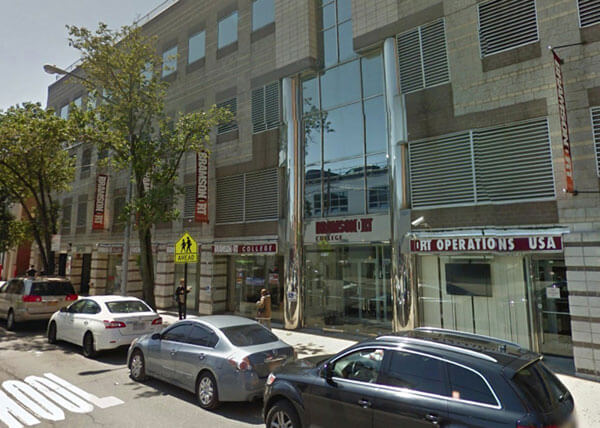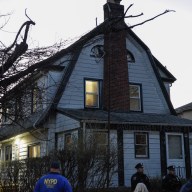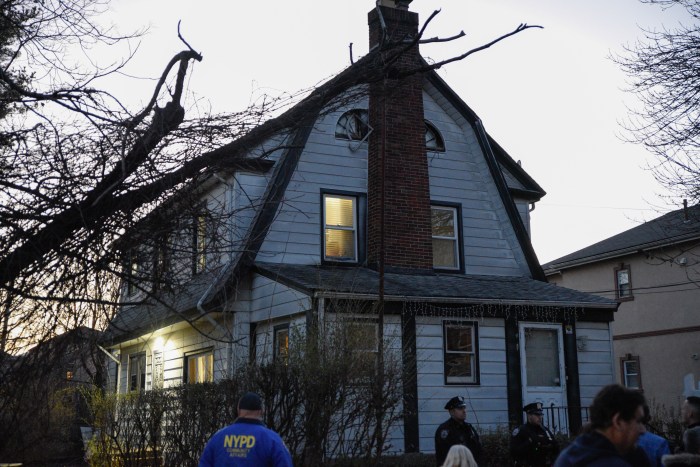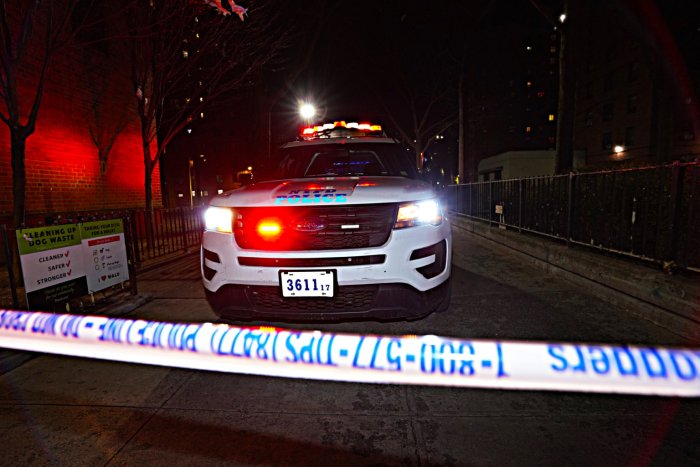By Annabelle Blair
Bramson ORT, the 40-year-old technical college in Forest Hills that lost accreditation and closed in February, was considered financially unhealthy and failed to meet six of 13 standards outlined by the New York State Education Department Board of Regents.
According to a report issued by the department, Bramson had been viewed as financially unstable since 2015. The classification was based on the college’s composite score of 0.8 in 2015 and 0.6 in 2016. The composite score is used by the U.S. Department of Education to determine whether or not a school is financially responsible. A score under 1.0 means an institution is financially unhealthy.
The composite score is based on financial statements accredited institution are required to send the Department of Education in order to receive federal funding under Title IV—which includes Pell grants, subsidized and unsubsidized loans, the Perkins Loan and the Supplemental Educational Opportunity Grant.
The college had been under a Heightened Cash Monitoring by the U.S. Department of Education since at least 2015, documents show.
The HCM watch imposed on Bramson restricted the college from using an Advance Payment Method to receive federal funds for student aid. Instead, it was required to use institutional funds to provide aid to students before submitting a request to the Department of Education for reimbursement. Bramson was connected to World ORT, a global Jewish organization promoting education. Brandon Mitchell, a spokesman at World ORT’s American branch, said he thought Bramson struggled to maintain a sizable student body. “We knew they were attempting to meet some difficult challenges,” Mitchell said. “Enrollment was a challenge. That might be the only one I recall.”
Before its closure, Bramson’s enrollment rates had declined by more than 30 percent since 2010 to about 470 students in the fall of 2016.
Bramson’s low composite score was noted in the Board of Regents’ decision in January to deny the college accreditation. The college’s failure, however, to comply with six of the 13 requirements for accreditation ultimately determined the board’s decision.
Since 2013, Bramson had struggled to uphold several of the Board’s requirements. It was put on a two-year probation at the end of 2013, which meant quarterly reports and another review, to ensure it was working towards meeting all 13 requirements.
In April 2016, the Board of Regents’s advisory council reviewed Bramson’s probation and voted to deny accreditation, saying “the institution has been found to be out of compliance over several years, by three peer review visit teams. ”
Bramson appealed the review in May 2016 on the grounds that it was unreasonable. The state deputy commissioner added her recommendation to deny accreditation in November 2016.
The state DOE report said “the commissioner found that Bramson was not in compliance with the standards for institutional accreditation, nor had the college shown good cause for the corrective action period to be extended.”
The Board of Regents then voted in January 2017 to deny Bramson accreditation. It later extended Bramson’s accreditation to the end of February for students who were scheduled to graduate that month. Bramson did not appeal this decision.
An ORT sister college in Chicago, Ill. the Chicago ORT Technical Institute, closed in August. Its website does not state the reason why.
“On a national scale, the demand for technical schools has decreased,” a release from ORT America stated about the closures. “Diminishing enrollment, an upsurge in community college programs and other factors have played roles in this trend, leaving the two ORT facilities with the difficult decision to cease operations.”
































